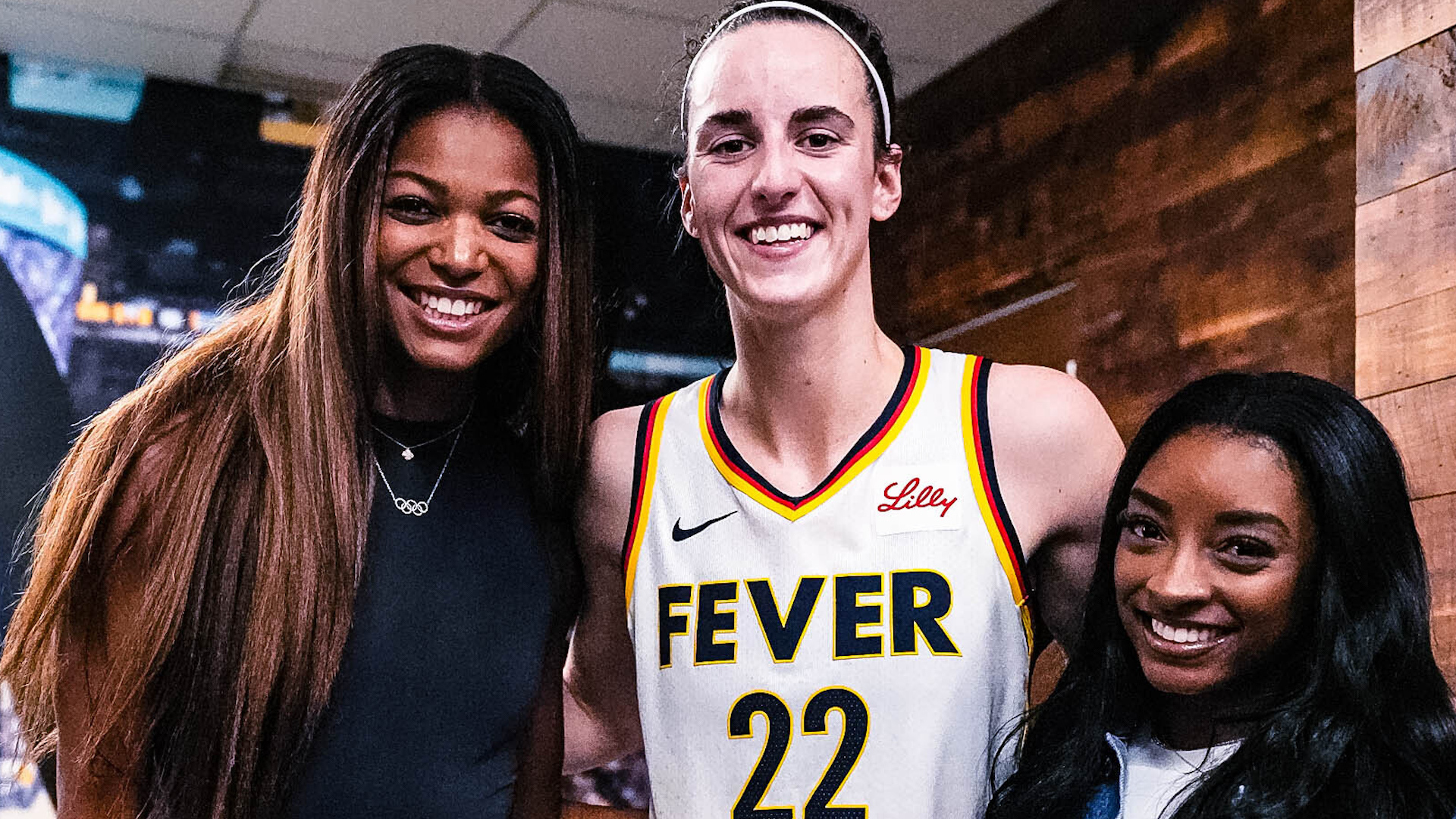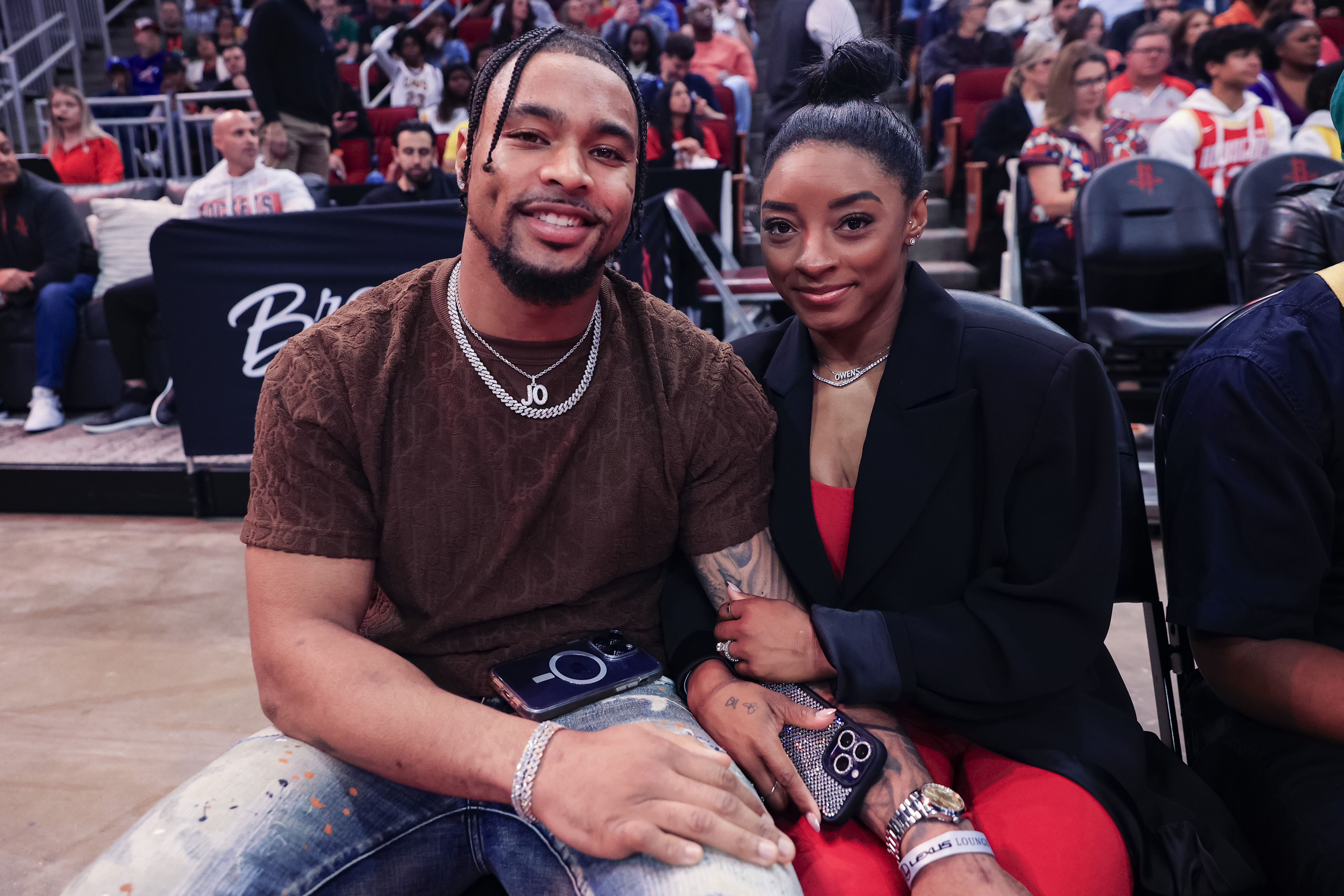Suni Lee called coach Jess Graba not long ago and told him it was over.
The process of trying to navigate two kidney diseases that made the 2020 Olympic gymnastics champion's weight yo-yo had become too much. The uncertainty. The frustration. All of it.
Come to the gym, Graba told her. This isn't a decision you make over the phone.
So they sat down and talked. The urge to retire passed. Lee stayed in the gym and slowly — very, very slowly — the skills and stamina that made her the best in the world returned.
Get top local stories in Connecticut delivered to you every morning. Sign up for NBC Connecticut's News Headlines newsletter.
Externally, she didn't need validation. Internally, she did. And on Thursday night inside Bercy Arena, the proof was around Lee's neck: a bronze in the all-around that Lee wasn't sure she was worthy of until IOC president Thomas Bach slipped it over her head.
"I just wanted to prove to myself that I could do it because I didn’t think that I could,” Lee said.
Paris 2024 Summer Olympics and Paralympics
Watch all the action from the Paris Olympic and Paralympic Games live on Peacock
Sort of. There is a steeliness to Lee that belies the grace of her gymnastics. She has relied on it for months as she and Graba put together a plan that ended with Lee finishing on the medal stand next to good friend Simone Biles and Brazil's Rebeca Andrade.
Biles and Andrade were expected to be here. They arrived in Paris having faced off in the world championships last fall. Lee didn't make that team. She wasn't ready.
She was in front of a crowd that included the U.S. men's basketball team and Kendall Jenner. Most had turned out to watch Biles. Lee provided them with a reminder that when at her best, she can put on a pretty good show in her own right.
Lee remains a wonder on uneven bars, where she will compete for a medal later in the Games. She'll be in the beam final too, thanks to a series that is a mixture of elegance and athleticism.
Still, floor exercise can sometimes be a challenge. She entered the final rotation off the podium. Graba made things pretty simple.
“Win floor, and you'll win” (a bronze) he told her.
Lee did, in her own way, surging past Algeria's Kaylia Nemour to become the first reigning Olympic champion to medal in the next games since Nadia Comenci did it in 1980.
Heady territory for an athlete who still wonders from time to time how she's going to feel that day. She's stacked more good days than bad, edging teammate Jordan Chiles for a spot in the all-around final, then putting together four routines that were the equal if not better than what she produced in Tokyo three years ago when she edged Andrade in a taut final.
“I did everything that I could,” Lee said. “I went out there and I just told myself not to put any pressure on myself, because I didn’t want to think about the past Olympics.”
There was too much else to think about instead. The stands were packed — unlike Tokyo. Her family was here, too. Unlike Tokyo. And there is a joy in her pursuit of the sport that she wondered if she had lost at times along the way.
She also had Biles. And they relied on each other heavily during a final in which both of them found themselves in positions they didn't want to be in before thriving in the end.
“Having Simone here today definitely helped me a lot because we were both freaking out," Lee said. “And so it just felt nice to know that I wasn’t out there freaking out by myself.”
Ultimately, there was no need. Graba refers to Lee as a “fighter” frequently. That toughness — mental and physical — shone through in a medal that isn't the same color as the one she captured in Japan, but in some ways, no less meaningful.




